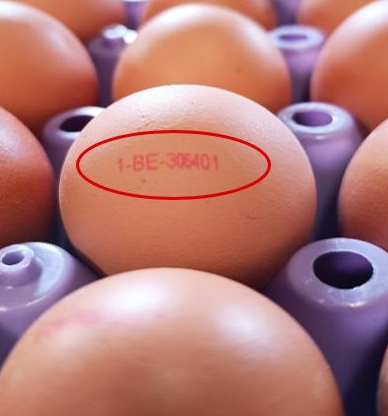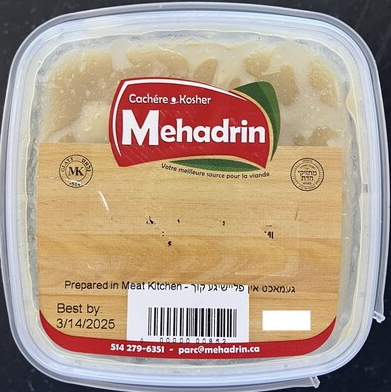A publication in Communicable Diseases Intelligence by Draper et al. describes an outbreak of salmonellosis that occurred in August 2024 after consuming wild hunted kangaroo in a remote area of the Northern Territory (NT), Australia. A confirmed outbreak case was defined as anyone with a laboratory-confirmed Salmonella Muenchen infection who was part of a group of people who shared meals on 25–26 August 2024. Of the seven members of the group who shared meals, all became ill (attack rate 100%). The median incubation period was 24 hours (range 6–30 hours). The most commonly reported symptoms were diarrhea (100%, 7/7) and abdominal pain (86%, 6/7). Two cases were admitted to hospital, both for an overnight stay; all recovered. All seven cases consumed the same meal – a single, locally hunted and butchered kangaroo. Contamination likely occurred due to unsafe butchering, storage, transportation, and insufficient cooking of the meat. Inadequate cooking failed to kill microbes and may have, in fact, contributed to further growth. This outbreak highlights the risks of contamination of game meat (in this case, kangaroo) with Salmonella. It is crucial to investigate outbreaks of Salmonella in order to identify risks, undertake appropriate public health action, and to promote public safety. It was estimated that the cost to society of this outbreak was 9,810 Australian dollars. @ https://pubmed.ncbi.nlm.nih.gov/39965608/#:~:text=An%20outbreak%20of%20salmonellosis%20occurred,Territory%20(NT)%2C%20Australia.




